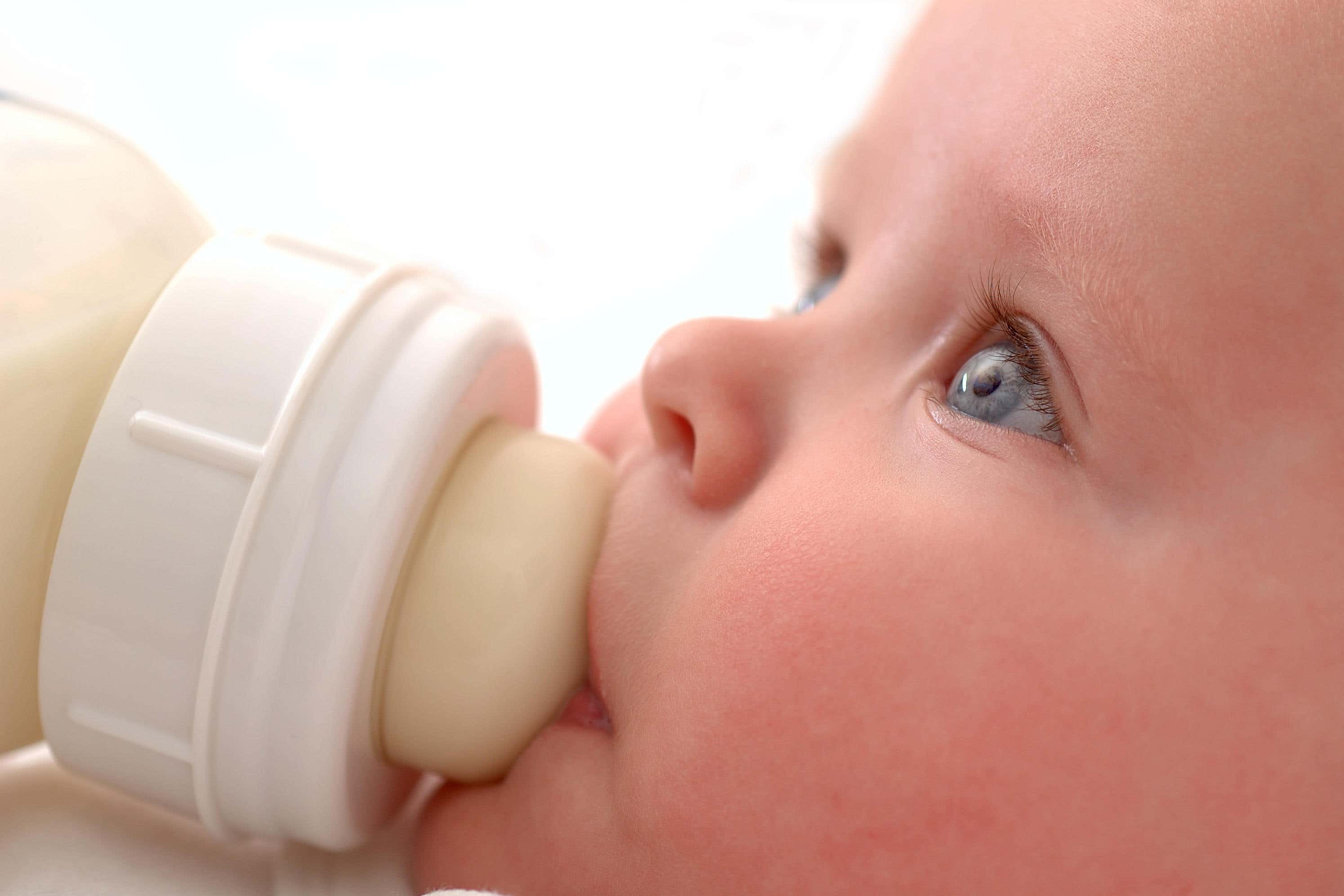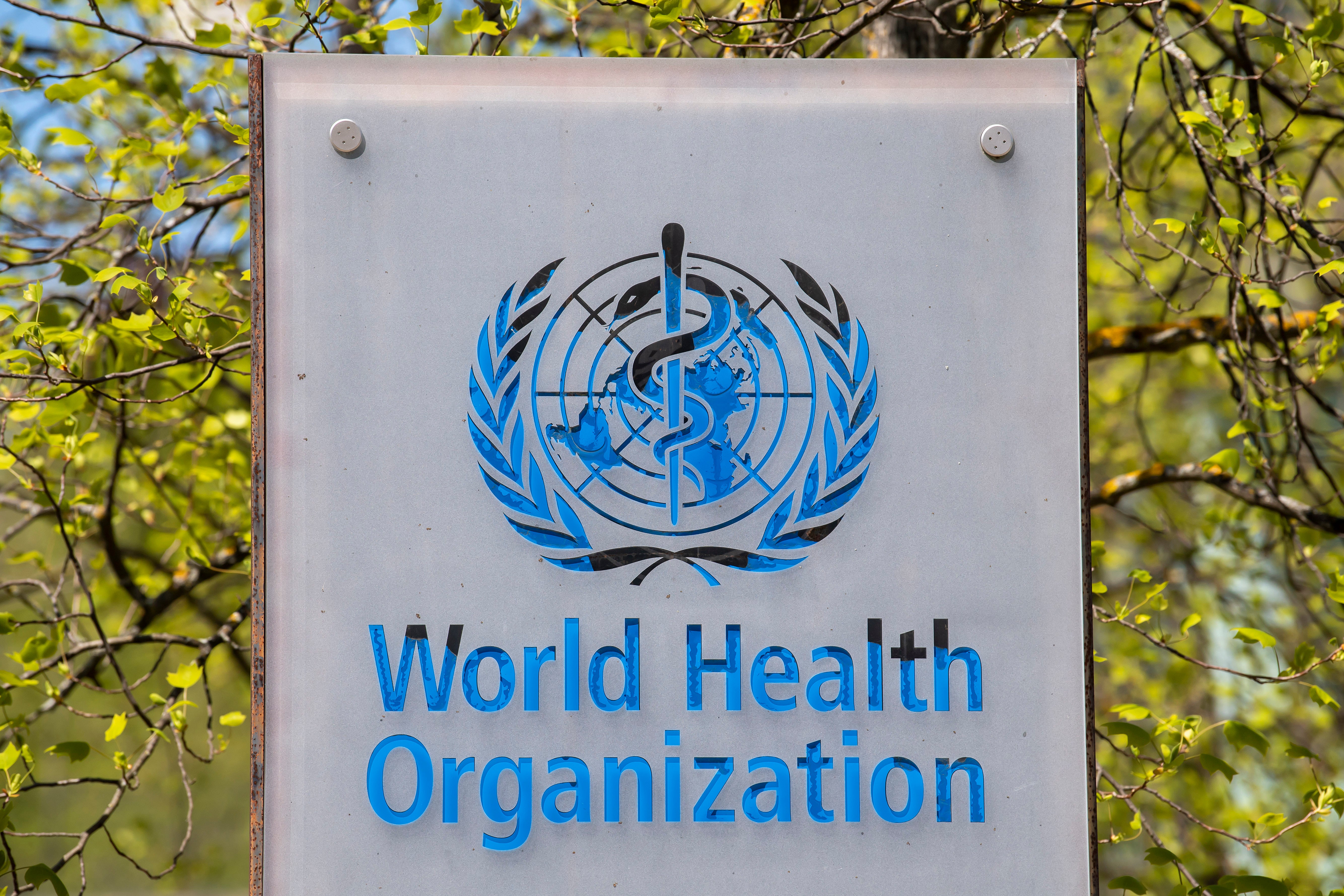Sixty percent of baby foods on grocery store shelves are unhealthy, new study warns
None of the products surveyed meet World Health Organization (WHO) promotional requirements
Researchers say that 60 percent of infant and toddler foods at major grocery stores in the U.S. currently fail to reach nutritional recommendations — and none meet the World Health Organization’s promotional requirements.
In a study published Monday and led by The George Institute for Global Health, the authors combed through data on more than 650 infant and toddler food products sold in the top 10 U.S. grocery chains.
The study’s contributors visited eight stores in Raleigh, North Carolina, including Walmart, Kroger, Costco, Ahold Delhaize, Publix, Sam’s Club, Target, and Aldi. Two others, H-E-B and Safeway, were not located in the state, and their websites were used to collect the data instead.
Among all of the products analyzed, a whopping 70 percent failed to meet protein requirements and 44 percent exceeded total sugar requirements. One in four products were also unable to meet calorie requirements and one in five exceeded the recommended sodium limits.
Baby food pouches have seen a massive spike in popularity, with a 900 percent increase in sales over the course of the past 13 years. But, fewer than 7 percent of pouches were found to meet total sugar recommendations.
“Time-poor parents are increasingly choosing convenience foods, unaware that many of these products lack key nutrients needed for their child’s development and tricked into believing they are healthier than they really are,” Dr. Elizabeth Dunford, Research Fellow at the Australia-based institute, said in a statement.

The study also looked at current marketing practices, finding that nearly all companies included at least one WHO prohibited claim about the product on their packaging. Most products had packaging that included four prohibited claims.
Both Dunford and Dr. Daisy Coyle, another Research Fellow at The George Institute, have called for more regulation of baby food products.
“The lack of regulation in this area leaves the door wide open for the food industry to deceive busy parents,” said Coyle.
While the WHO Regional Office for Europe published guidelines for the nutritional content of baby food as well as how to promote it, no such recommendations exist in the U.S.

The U.S. Department of Agriculture has guidance for toddler nutrition on its website, saying that toddlers should eat foods and drinks that don’t have added sugars and are lower in sodium. The FDA offers safety guidance, and encourages babies ages 6-12 months to consume food that is high in iron and zinc.
As for infant formulas,the FDA does not approve those, but the USDA has regulatory requirements to address safety, nutritional adequacy, packaging, and labeling. Infant formula manufacturers must notify the agency before marketing a new formula. Requirements include that infant formulas must include 30 nutrients and that any ingredient must be safe and suitable for use.
If a product does not meet these requirements, the FDA says the formula may be deemed adulterated or misbranded. The agency then has the authority to take enforcement action. The FDA has also previously implemented regulations on levels of arsenic in baby food, which is toxic to humans.
Previous research has also found alarming levels of lead, arsenic, and other toxins, prompting action from politicians over the last few years. In May of this year, Democratic Sens. Amy Klobuchar and Tammy Duckworth introduced legislation to limit the levels of harmful heavy metals allowed in commercial food for infants and toddlers, called the Baby Food Safety Act of 2024. This legislation would allow the FDA to enforce limits on levels of heavy metals.
In late 2023, toddlers across 14 states were sickened by lead linked to tainted pouches of apple sauce and puree.
Join our commenting forum
Join thought-provoking conversations, follow other Independent readers and see their replies
Comments
Bookmark popover
Removed from bookmarks